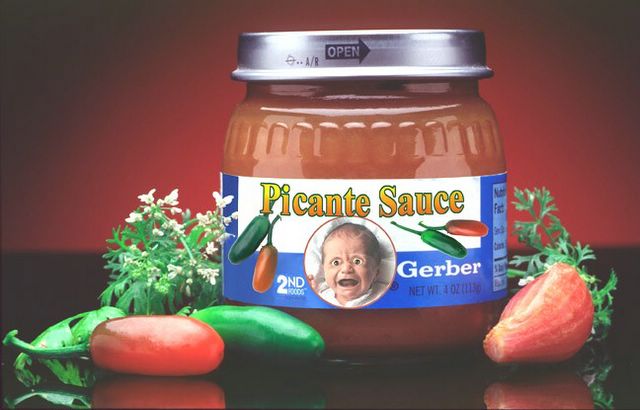follow your nose
I drove north this past weekend to see my Dad. The return trip made me long for days past.
Driving through Westphalia, Freeburg, and Vienna I remembered trips through those villages when I was a kid. It was early morning and we were on our way to Morelands on the Gasconade River to hire a local man to shuttle our car and canoe. Half asleep in the dark, lulled by the rhythm of the tires on the road. We’d made the trip so many times you knew which way the next turn would bend and how far over it would make you lean. The locals made charcoal in those hills. Once in a while you could see the glowing kiln off the side of the road. It smelled wonderful. That’s the heart of my memory, the aroma of the oak and hickory smoldering in the huge mounds.
I read somewhere that our sense of smell is our most primitive sense. Originating in that part of our brain that harks back to our reptilian anatomy. One that we’ve almost lost contact with but can evoke a memory better than any other sense, including sight. Since humans used their large and adaptable brains to climb to the top of the food chain we’ve relied less and less on our olfactory organ. Yet, its ability to trigger memories is pervasive.
Driving through central Florida at night and smelling the orange blossoms but not being able to see them. The aching memory of love lost evoked by a passing wisp of a woman’s perfume in a crowd. Pine trees in the mountains. Your Grandmother’s kitchen. The hyacinths my mother grew in the east window of our house. The air after a spring rain.
Many of these memories are bittersweet. They remind us of what was and cannot be again. Cherished for sure, but unobtainable. They don’t make charcoal along Highway 63 anymore, but I can shut my eyes and remember.
Driving through Westphalia, Freeburg, and Vienna I remembered trips through those villages when I was a kid. It was early morning and we were on our way to Morelands on the Gasconade River to hire a local man to shuttle our car and canoe. Half asleep in the dark, lulled by the rhythm of the tires on the road. We’d made the trip so many times you knew which way the next turn would bend and how far over it would make you lean. The locals made charcoal in those hills. Once in a while you could see the glowing kiln off the side of the road. It smelled wonderful. That’s the heart of my memory, the aroma of the oak and hickory smoldering in the huge mounds.
I read somewhere that our sense of smell is our most primitive sense. Originating in that part of our brain that harks back to our reptilian anatomy. One that we’ve almost lost contact with but can evoke a memory better than any other sense, including sight. Since humans used their large and adaptable brains to climb to the top of the food chain we’ve relied less and less on our olfactory organ. Yet, its ability to trigger memories is pervasive.
Driving through central Florida at night and smelling the orange blossoms but not being able to see them. The aching memory of love lost evoked by a passing wisp of a woman’s perfume in a crowd. Pine trees in the mountains. Your Grandmother’s kitchen. The hyacinths my mother grew in the east window of our house. The air after a spring rain.
Many of these memories are bittersweet. They remind us of what was and cannot be again. Cherished for sure, but unobtainable. They don’t make charcoal along Highway 63 anymore, but I can shut my eyes and remember.


3 Comments:
The smell of cotton candy - the fair, the rides, the carnies.
The smell of bread baking - my aunt's kitchen.
The smell of baby powder - my children.
The smell of vanilla - my mother.
Yep, lots of memories.
Since you were a "photojock," I had no idea you were such an incredible writer, Steve. You hid behind that camera. You really move me with your words.
Steve, that was beautiful. My memories of my grandmother are all connected to my sense of smell: the musty aroma of the cellar filled with her canned goods, the scent of home made bread and fresh cinnamon buns, the fresh smell of sheets dried on a clothes line, and fresh cut flowers from her garden. Thank you for that memory.
Lana
Post a Comment
<< Home